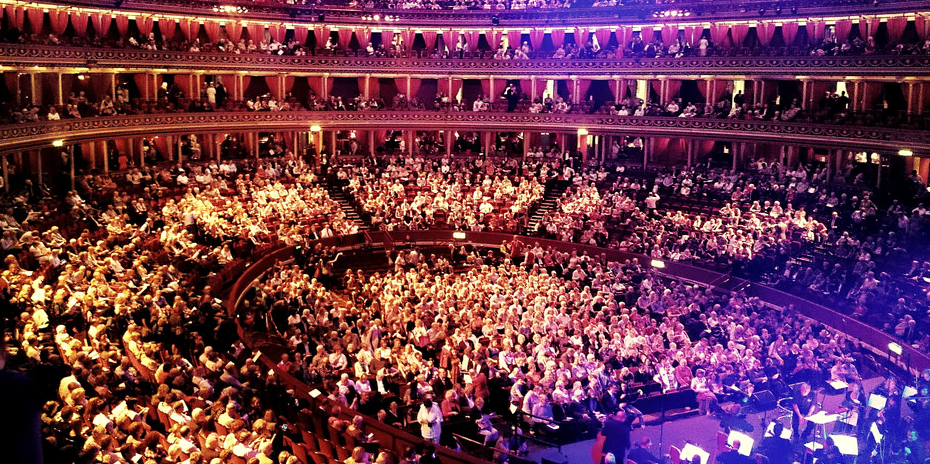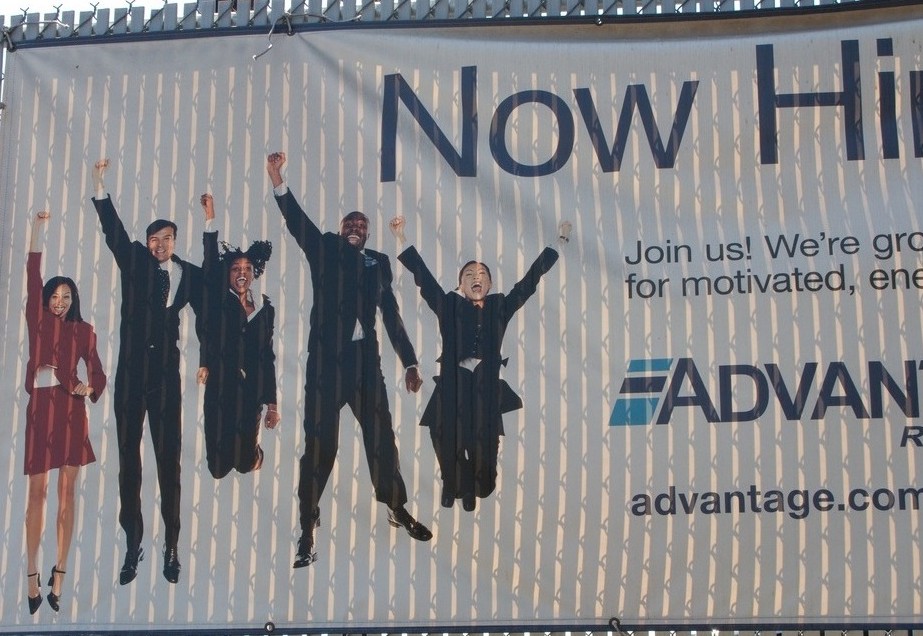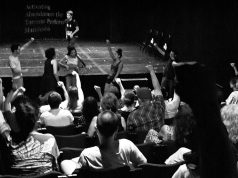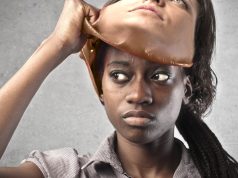
The arts, in their many forms, provide society’s most progressive and radical forms of human expression.
Topics that are too progressive, unfashionable, or forbidden/illegal at any given time in society are fair game for the arts, and often provide the most fertile ground for creation and engagement. With that in mind, it is startling that the most conservative elements of for-profit industry (like banking) are more progressive and inclusive than the classical arts. Banks are driven by profit and know that their markets are incredibly diverse, so they have evolved to serve and reflect their customers. The arts are not market-driven—and rightly so—but the permissive attitude towards an outdated status quo is undermining the evolution, and sustainability, of many sectors of performing arts.
Diversity brings vitality and resilience, and vitality and resilience bring success.
A friend who recently witnessed me provoking a heated debate at Opera America about appropriation and diversity shared a fantastic podcast that interviews a Black computer programmer who had experienced extensive ‘passive’ and ‘passive systemic’ racism at Silicon Valley tech companies. The podcast went on to explore recent research conducted on diversity, and its proven impact on businesses. As a result, I uncovered a few gems:
“female representation in top management leads to an (average) increase of $42 million in firm value”
Standard and Poors on the banking industry
“increases in racial diversity were clearly related to enhanced financial performance”
Prof. Orlando Richard in a survey of 177 banks (2003)
The podcast complemented the interview with the work of Dr. Scott Page, a professor researching the power of diversity in performance of complex systems. It was amazing, and of course – it made sense! Random algorithms that were far less specialized were consistently beaten by proven groups of algorithms with the same expertise. In further research, Dr. Page proved introducing a diverse set of algorithms specifically and measurably improved the results. The broader skills and knowledge of the average “randoms” overpowered the proven but overly concentrated “experts”.

A diverse ecology is a more resilient one. Conversely, when humans have impacted an ecology, reducing diversity to represent only a handful of varieties of species, the ecology becomes increasingly vulnerable to disease, natural disaster, and ecological imbalances that can lead to extinction or over-population. Evolution undoubtedly benefits from the sharing of diverse skills, at the biological level. Two parrots with similar histories, instincts, and immune systems will create a less evolved/resilient baby parrot than two parrots who have diverse histories, instincts, and immune systems. Nature is smart enough to keep or activate the best of both parents.
Classical music is currently a marriage of two parrots with the same background. It may be the single greatest example of an industry run by experts with almost exclusively the same pedigree. Conductors, music directors, artistic directors, the most successful composers (living or dead) and heads of companies are, with a few notable exceptions, almost exclusively male, white, Euro-classical music trained, university graduates coming from affluent families, with a cultural background that is predominantly English, French, or German speaking.
For these leaders, thriving in colonial and post-colonial societies was a natural thing. But reacting to a changing world where they represent a shrinking minority is not coming about as naturally. Let me be clear that they are, inarguably, experts in their fields and have achieved remarkable things. But does such a large preponderance of a single type help or hinder the natural evolution of art, music and culture?
At a basic level, understanding our world means creating and distributing art that is more likely to be connected, impactful, and attractive to a general public. In a world that is less and less homogenous – an understanding of its stories and dynamics would logically come from those who best understand these stories and dynamics. No one group can do that, thus a resilient and vital arts practice would be led by leaders from diverse backgrounds. The post-colonial world where highly-educated classically trained leaders impart Greco-Roman culture to a less educated population, where interaction with non-European communities is called “outreach”, where arts presentation is reflective of a puritanical relationship to culture (“don’t touch”, “clap now”, “no booing”), has already become outdated from the general public’s point-of-view, and we continue to lose their interest.
I am an optimist, and see diversity of leadership as the greatest current potential for the arts to be reborn. Any single great idea that I might have would be dwarfed by the myriad ideas and innovations that a generation of diverse leaders could bring. Whereas the market motivates banks and businesses to innovate, it is the world and the evolving public who must motivate the arts to adapt. The great works that live on today come from artists intensely connected to their world and time. Embracing our changing, evolving, diverse world is the way to create and share a resilient and innovating arts culture that is uniquely Canadian, perhaps for the first time in our history.








